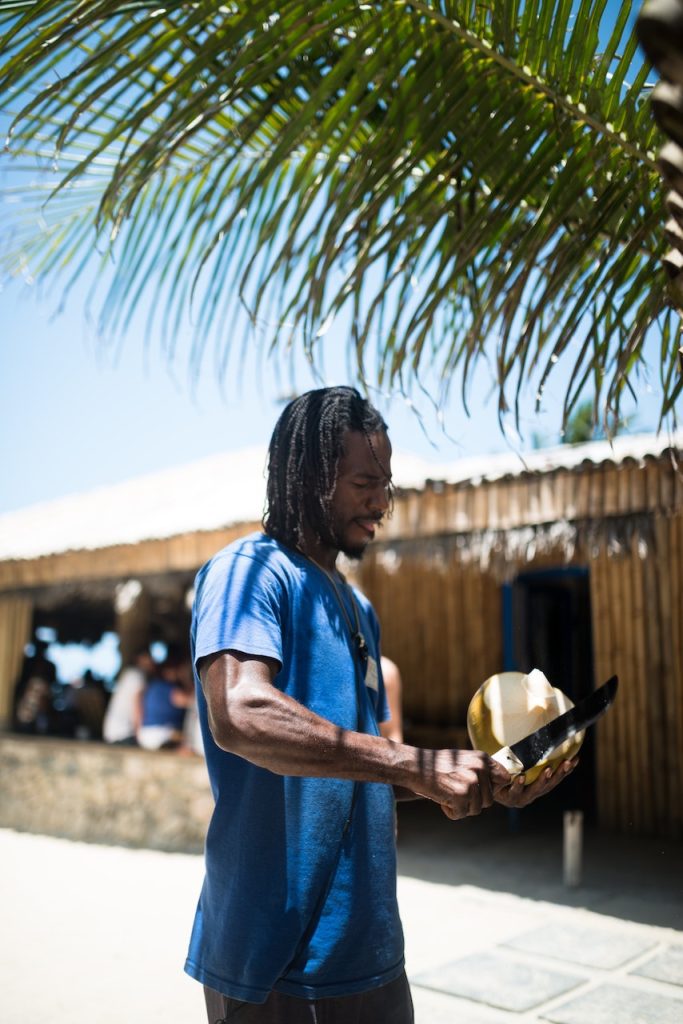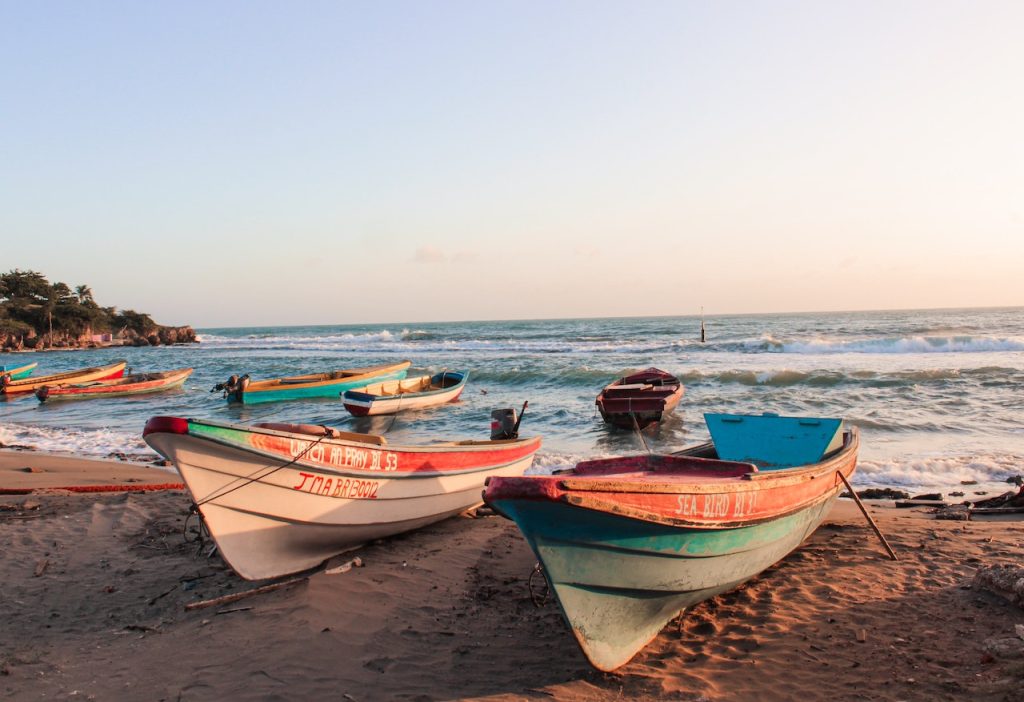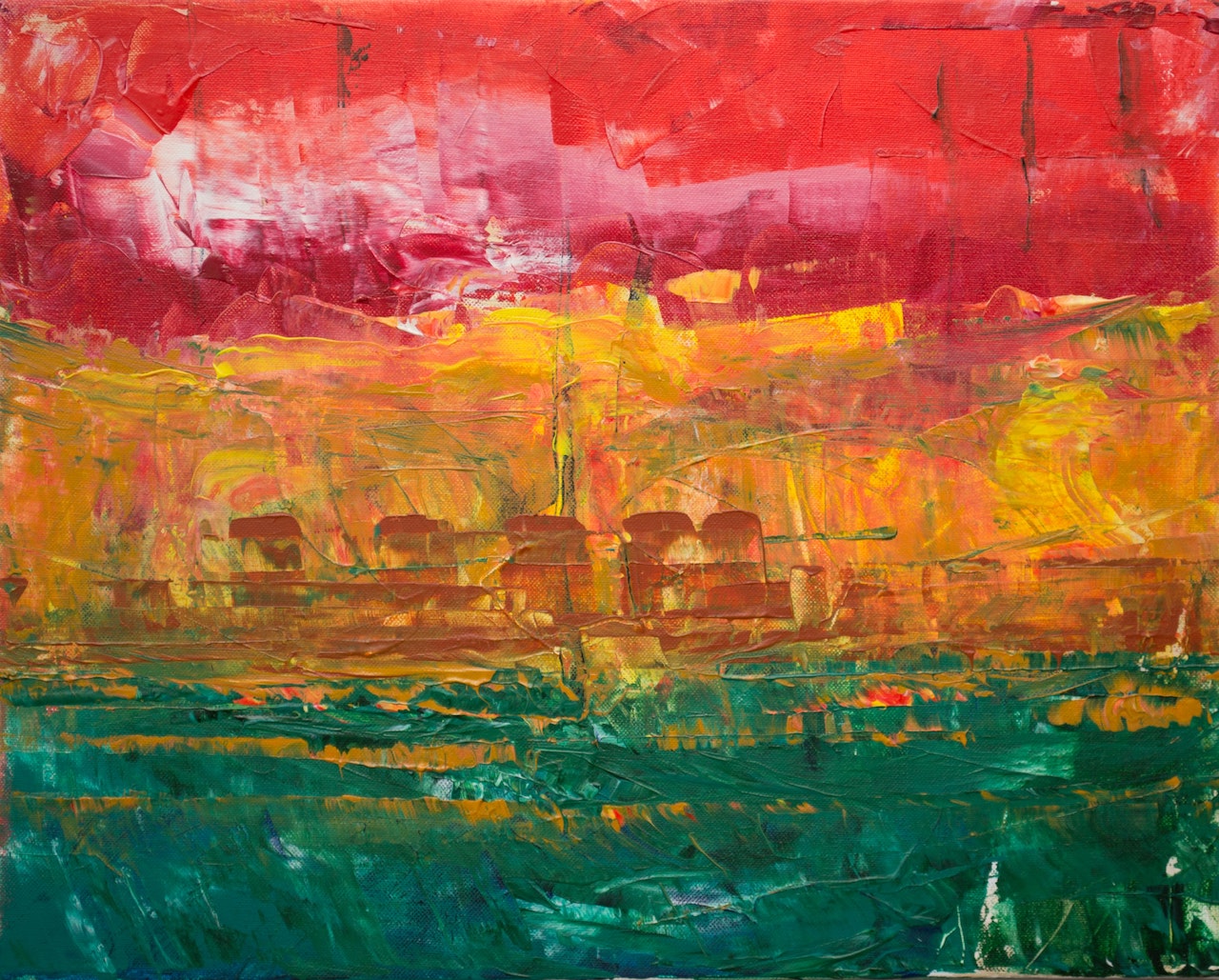Though Jamaica’s official language is English, the mother tongue of most — if not all — Jamaicans is Jamaican Patois, or “patwah”.
Patois developed in the era of slavery and is a unique blend of English and several African languages. Many Caribbean countries have their own patois but each one is different!
Like anywhere else in the world, Jamaicans have their unique slang phrases used in day-to-day life, most of which have origins in Patois.
Take some time to familiarize yourself with some of the most common Jamaican slangs. You’ll not only be able to better understand Jamaicans, but you’ll also be able to talk like a local!
Wah gwaan?
This could very well be one of the first slang phrases you hear when you step foot in Jamaica. “Wah gwaan?” is a casual greeting that’s equivalent to “how are you?” or “what’s up?”
The former President of the United States, Barack Obama, said this during his visit to Jamaica in 2015!

Mi deh yah enuh
When you’re just doing fine with nothing in particular going on, you can reply to “wah gwaan” with “mi deh yah enuh”.
This Patois phrase literally translates to “I’m here, you know” and means “I’m alright” or “everything’s going well”.
Pronunciation is paramount in this phrase, as it’s said very quickly as if it’s just one word!
Ma yute
Americans say “bro” and British people say “bruv”, while Jamaicans say “ma yute”. This is the Patois spelling of “my youth”.
Similarly to “bro”, this phrase is most commonly used to refer to men but can be used to refer to women as well.
“Yute dem” is the plural form, used in a similar way to “guys”.
Ya mon
“Ya mon” is the standard affirmative response to basically anything in Jamaica!
Literally meaning “yeah, man”, saying this is like saying “sure” or “no problem”. An enthusiastic “ya mon!” means “of course!”.
Despite the “mon” (man) part of it, it can be directed to anyone of any gender or age.
Fahwud
If you’re out somewhere and telling a Jamaican friend to come out, too, you’d tell them to “fahwud”.
This slang phrase translates to “forward” and means “come here” but usually in the sense of being far from the person you’re saying it to.
If you’re saying someone came here — past tense — you’d say they “did fahwud”.

Mi soon come
When a Jamaican is telling you they’ll be right there, they say “mi soon come”. The “soon” in this phrase is often used very liberally — it can range from a few hours to even a day or two.
Jamaica runs on island time, a leisurely pace to which everything and everyone in the country naturally adheres. It can take a bit of getting used to!
Do road
If you listen to reggae, you may have heard this phrase in Koffee’s song, “Toast”. The Jamaican star sings “den Oli say do road and mi gwaan wid di road”.
To “do road” means to go out and have a fruitful time, whether that means being productive and getting things done, or having a good time.
Hol’ a medz
If someone wants you to do something but you need some time to relax or think, tell them you need to “hol’ a medz”.
Literally meaning “hold a meditation”, it means relaxing and not doing anything in particular. This can also be used as a response to “wah gwaan”.
Mash up
“Mash up” has a general meaning of something being damaged or in disarray. You could say, “di TV mash up”, to mean the TV is broken.
This phrase can be used when talking about people, too. After an extremely long day of work, you can say “mi mash up” to mean you’re exhausted and out of it.
If a dirt, a dirt
This one is a fairly new and trendy slang in Jamaica, literally translating to “if it’s dirt, it’s dirt”.
It means “it is what it is”, in the sense of accepting what has come to be and not trying to make a futile attempt to change things.

Zeen?
To make sure someone understands what you’ve just said, add “zeen?” to the end of your sentence.
This word is the Patois pronunciation of “seen” and means “got it?” or “ok?”. This is another trendy Jamaican phrase that you’ll mostly hear younger people say.
Weh yuh a seh?
“Weh yuh a seh?” translates to “what are you saying?” and has two meanings.
It can be used similarly to “wah gwaan” as a casual greeting like “how are you?” or “what’s up?”
On the other hand, this phrase can be said after hearing something interesting or unbelievable, as if saying “for real?”
A mi fi tell yuh
To agree with what a Jamaican has just told you, say “a mi fi tell yuh”. It means “I should be the one telling you” and is similar to saying “I know right?”.
This is another one of those phrases where all the words should be rolled into one and said as if they’re a single word.
Ignorant
If a Jamaican tells you they’re “ignorant”, they’re not insulting their own intelligence!
The word “ignorant” is slang for “angry” or “upset” in Jamaica. It’s especially used when speaking about being angry towards another person.
Come gwope
Sometimes in a conversation, the other person does or says something that just makes you shake your head. In these instances, tell them to “come gwope!”
This slang phrase translates to “come go up” and means to go away and stop spouting nonsense.
It can be said seriously but is most often said in jest.
Nah aks Chrise
If you’re absolutely sure of something, you can double down by saying “nah aks Chrise”. It literally means “not asking Christ”.
This is said when you’re so confident about something that you don’t even need to ask Jesus for confirmation; even he knows it’s true!
Big man ting
Referring to a “grown-up thing”, this is what you say in Jamaica when you’re being honest and straight to the point about something. It’s like saying “no joke” or “for real”.
It can also be used to refer to big achievements or doing grown-up things. Buying a house is a “big man ting”.
Dead wid laugh
If you’re texting a Jamaican and they reply with “DWL”, you’ve just said something extremely funny!
“Dead wid laugh” means “dying of laughter”. Similar to “laughing out loud” (LOL), it’s mostly used in texting or on social media, where it is abbreviated as “DWL”.
Ee?
When you’re in Jamaica and someone tells you something interesting or unexpected, you can reply with “ee?”. This means “really?” or “for real?” but never in a negative sense.
The key is the length of the word. It’s a long, drawn-out “e” sound.
Likkle more
When parting ways with someone, Jamaicans say “likkle more”. This means “see you soon”.
“Likkle” is Jamaican Patois for “little”. Just like with “mi soon come”, the “likkle” in this phrase is very relative.
Likkle more!

